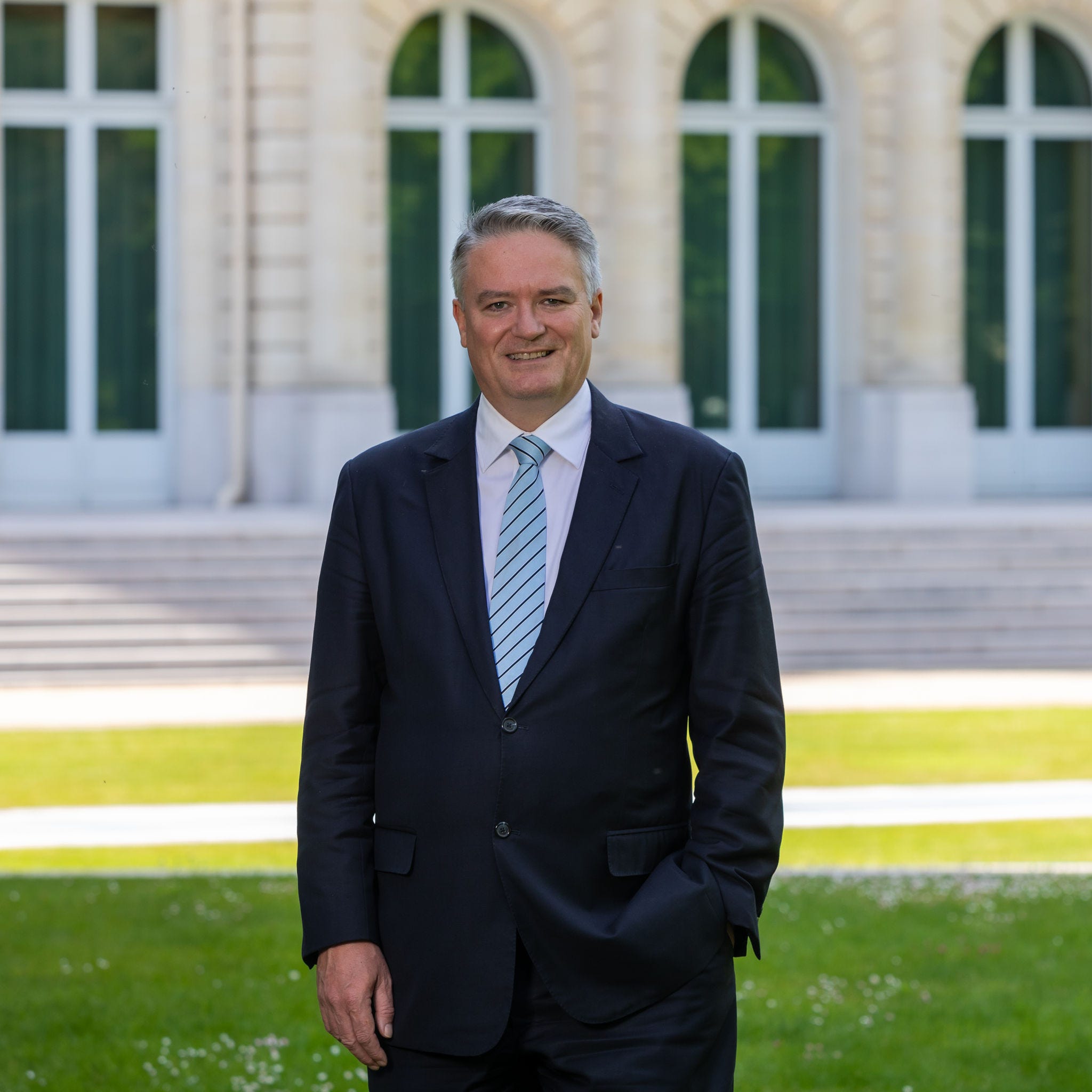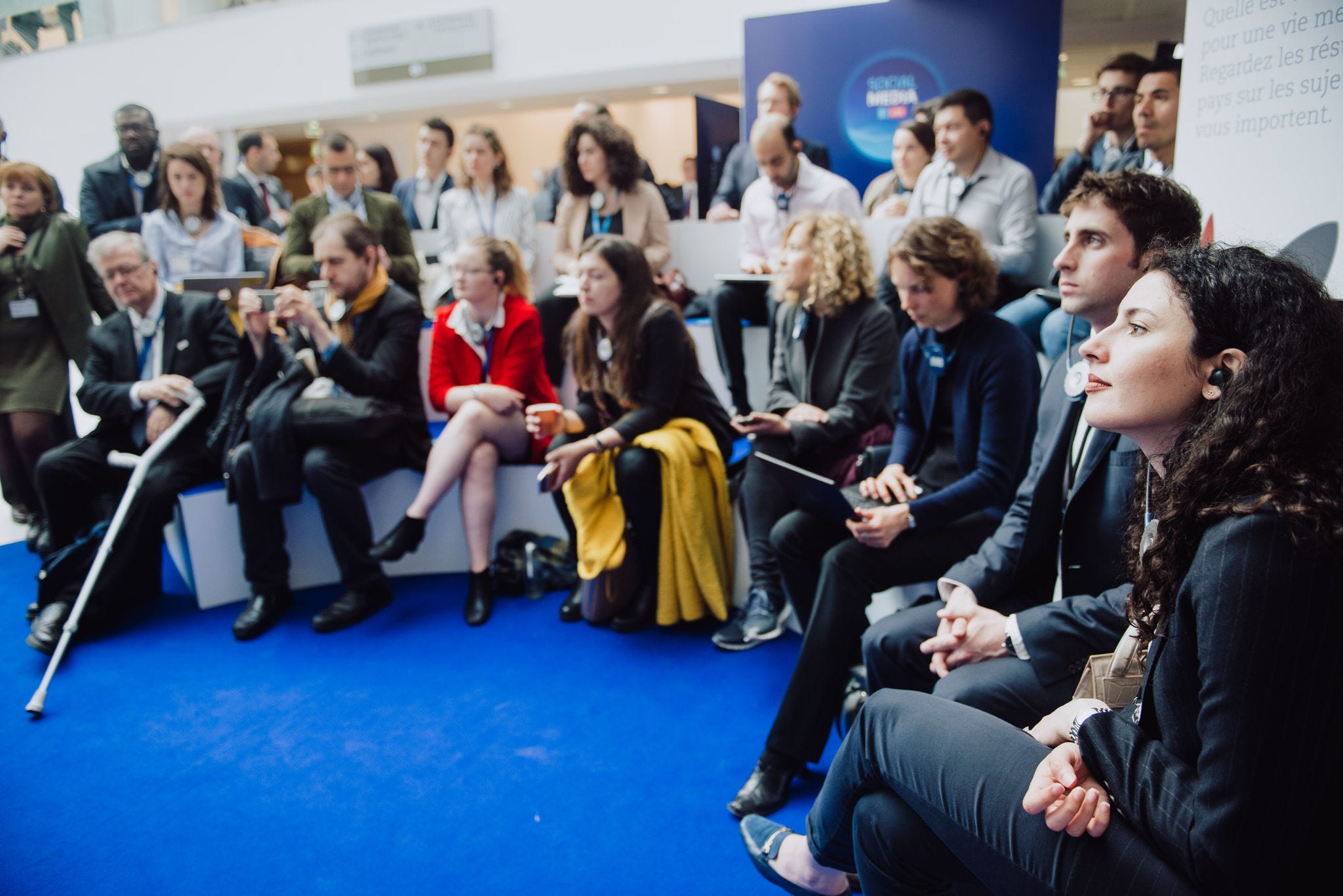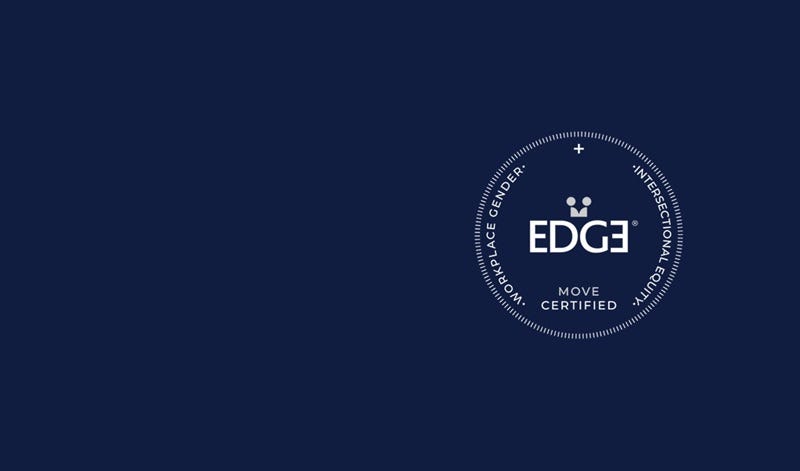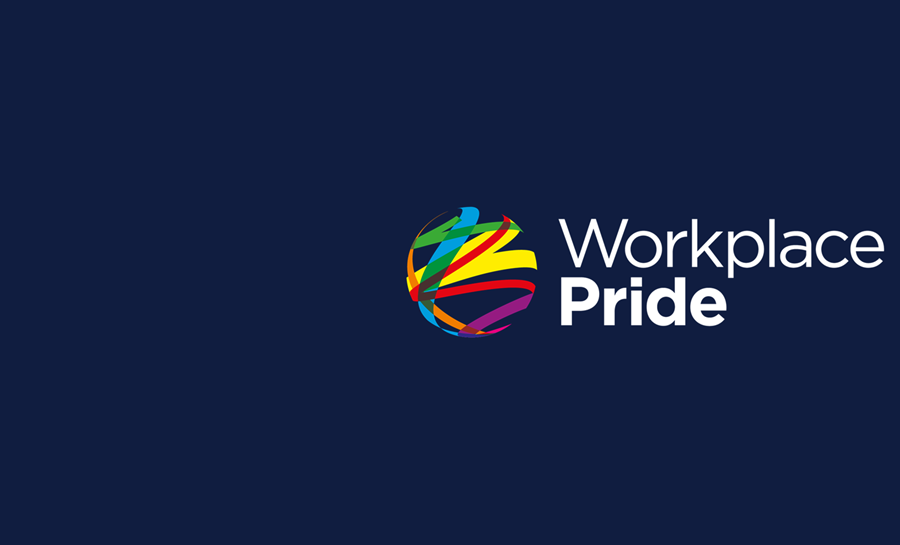“Our staff come from across the world, representing different ethnicities, educational backgrounds, gender identities, nationalities, languages, cultures and beliefs. This diversity promotes unique perspectives and innovative solutions to address global challenges.”
Diversity and inclusion at the OECD
Mathias Cormann
Secretary General | OECD

A diverse and inclusive workplace
Diversity and Inclusion are foundational to the work of the OECD, driving us to deliver better policies for better lives worldwide.
Here, your unique talents and perspectives drive our global impact and shape a better future for all.
At the heart of our commitment to fostering a diverse and inclusive organisation is an unwavering commitment to non-discrimination, encompassing gender and beyond, applied consistently across all phases of the employee life cycle, spanning from recruitment to professional development.
We encourage all qualified and eligible candidates to apply, regardless of their gender identity or expression, disability, neurodiversity, race, ethnicity, sexual orientation, religion or beliefs.
Our progress towards a diverse and inclusive OECD
At the OECD, our diversity and inclusion commitment translates into a series of strategic initiatives to advance an increasingly diverse and inclusive Organisation.
Annual Diversity and Inclusion Report
Would you like to know more about our progress?
The Annual Diversity and Inclusion Report provides regular reviews and updates on the OECD’s D&I agenda, progress against key strategic initiatives, statistics and data pertaining to workforce diversity. Since 2021 we have published the Report externally for transparency and accountability.

Gender equality
Gender equality is a core value of the OECD. In recent years, we have made substantial strides in enhancing the gender diversity of our workforce and advancing gender equality policies and practices, including equal pay for equivalent work, professional development and promotion. To realise this ambition, the Organisation has implemented several initiatives including conducting yearly gender pay-gap assessments at all levels of responsibility.
47.7 %
The percentage of women Officials in Executive Leadership positions in the OECD in 2023, marking the highest in our history.
54.5 %
The percentage of women Officials at Director level in the OECD in 2023, marking the highest in our history.
Nationality diversity
With a diverse workforce encompassing individuals from our 38 Member countries, we enhance the breadth and relevance of our advice. Since 2013, all OECD Members have been represented in the population of OECD Officials.
Disability and neurodiversity inclusion
At the OECD, we work to ensure that all staff, regardless of their specific talent and abilities:
- Can join the Organisation knowing that they will be able to participate in its life and work, at par with all other colleagues.
- Can a physical, digital, and cultural environment that is attentive to and respectful towards disability and neurodiversity.
LGBTIQ inclusion
The Organisation strives to foster an inclusive culture for talented individuals of all gender identities, expressions and sexual orientations.
Together with GLOBE, our association for LGBTIQ individuals and allies, we strive to raise awareness of LGBTIQ issues and ensure our policies, processes and practices support diverse sexual orientations and gender identities.
Racial and ethnic inclusion
The OECD champions racial and ethnic inclusion in our publications, policies, as well as workforce. We proudly support the Dialogue on Inclusion, Cultural Diversity, and Equity (DICE), an OECD staff-lead network promoting ethnic minorities inclusion.
Our Organisation partners with diverse organisations, academic institutions, and professional networks to further these goals.
Employee resource groups
Employee Resource Groups (ERGs) at the OECD are networks run by staff and formed around a shared characteristic or experience. They play a key role in drive staff-led initiatives and conversations underscoring the OECD’s commitment to a diverse and inclusive work environment. A diverse group of ERGs contribute to life at the OECD.

